There are a lot of terms that get routinely thrown around when it comes to animals like goats.
For the uninitiated, the general meaning of most of these terms can be worked out from context—but the precise, specific meaning can be harder to understand.
With goats, it’s often confusing to know if they are fully classified as livestock—so are goats livestock?
It’s really just a game of semantics, then.
Many goat owners would deeply dislike the idea of referring to their goats as livestock, since this term makes them appear less as companions and more simply as a product— “stock”.
But goats are clearly kept for commercial reasons.
Let’s investigate further.
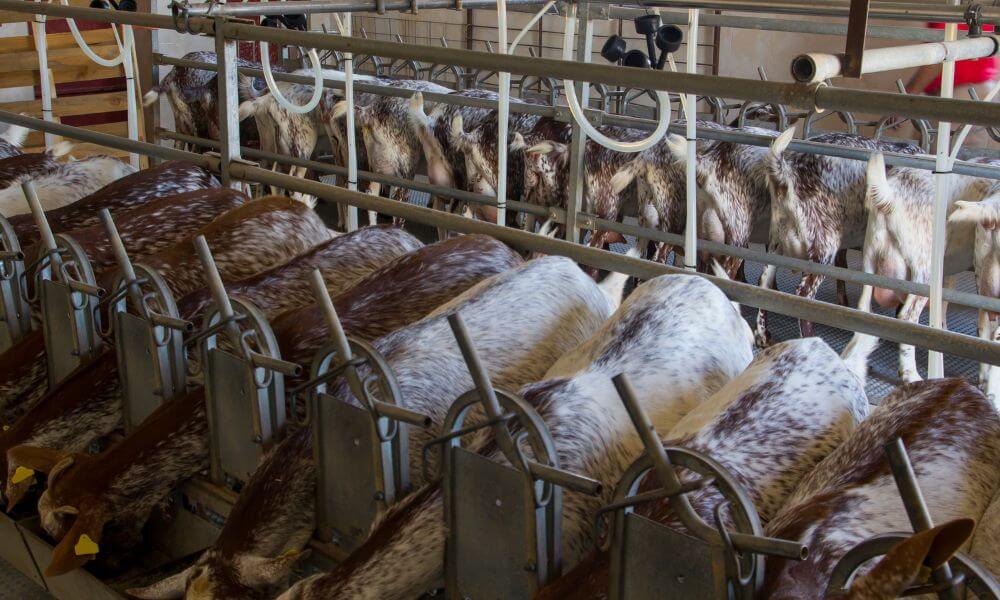
What do we mean by livestock?
Let’s start by nailing down our definition of the term livestock.
The simplest way of defining livestock is as farm animals that are regarded as an asset.
Whether it’s cows for milk, beef, or leather, sheep for wool, horses for racing, or goats for their milk or meat.
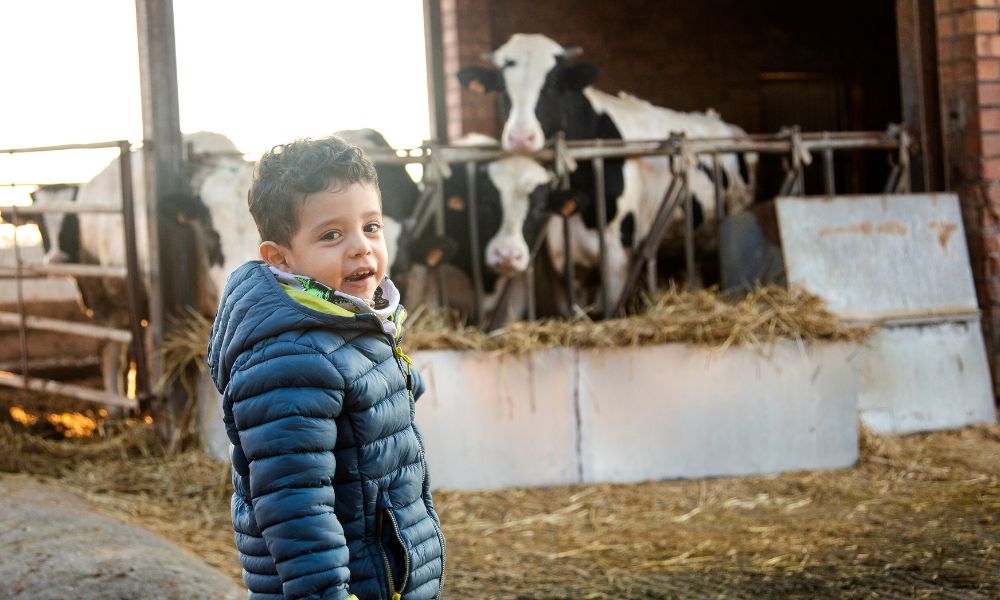
So, goats are livestock in those contexts where they are specifically geared to make a profit.
Again, however, that profit is made.
People often assume the term livestock refers only to animals grown for meat.
In fact, it is any kind of value that can be extracted from them.
By this definition, we could stretch livestock to include many different animals in different times and places.
Goats are one of the most widely farmed animals in the world, and so by most definitions, they fit into the category of livestock.
But it’s a bit more complicated than that.
Let’s look into goats in particular.
Are goats livestock?
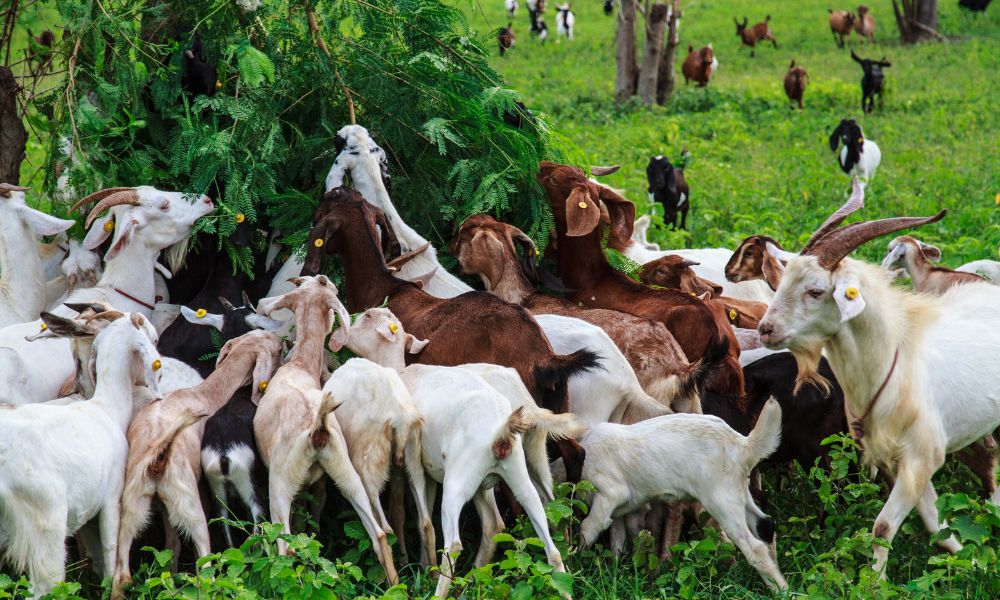
The simple answer is yes—but not all goats.
Again, it really is just a question of perception and semantics.
Goats are livestock in the sense that most goats around the world are kept for profit or sustenance of one form or another.
Goat meat is the single most widely consumed meat in the world.
Goat fur is common throughout the world.
Goat milk, also, is used virtually everywhere.
By that measure, goats certainly are livestock.
However, if you are someone who owns goats as pets, then I’m sure you would be quite uncomfortable with the idea of referring to them as livestock.
It makes them seem more like a commodity than a companion or pet, and something you’re looking to make a profit from.
So, the more complicated answer is that goats both are and aren’t livestock.
Again, it’s mostly just a question of word meanings—if you decide your goats are not livestock, there you have it!
What about the term ‘cattle’? Is that used for goats?
Are goats referred to as cattle?
No—this is a term reserved exclusively for bovine creatures, like cows.
Cattle includes any large, domesticated, cloven-hooved herbivores—so they do share a great deal in common with goats.
But where cattle are bovine, goats are caprine.
Cattle also refers usually to large herds of cows.
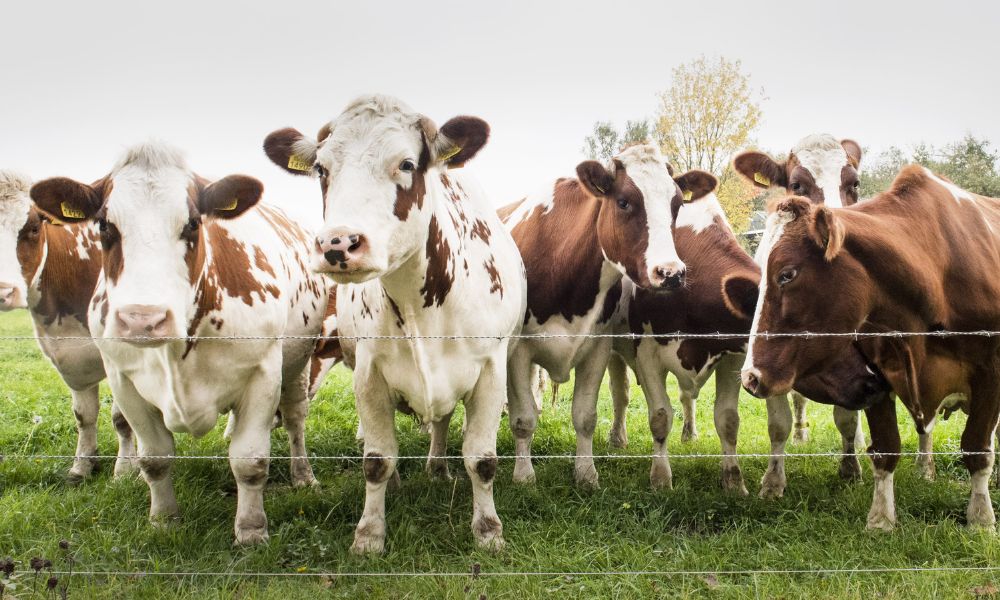
The important part is the fact that they are always domesticated cattle—wild bulls, for instance, would not be referred to as cattle.
In any case, goats would never be referred to as cattle.
You would simply talk of a herd of goats.
So, which animals are considered livestock, then?
Which animals are considered livestock?
This question, again, comes down to semantics and perception.
Here in the US, there’s a very clear delineation of what is and is not livestock.
Any farm animal bred for profit is livestock: cows, horses, goats, pigs, sheep, even deer, alpacas, and other exotic creatures.
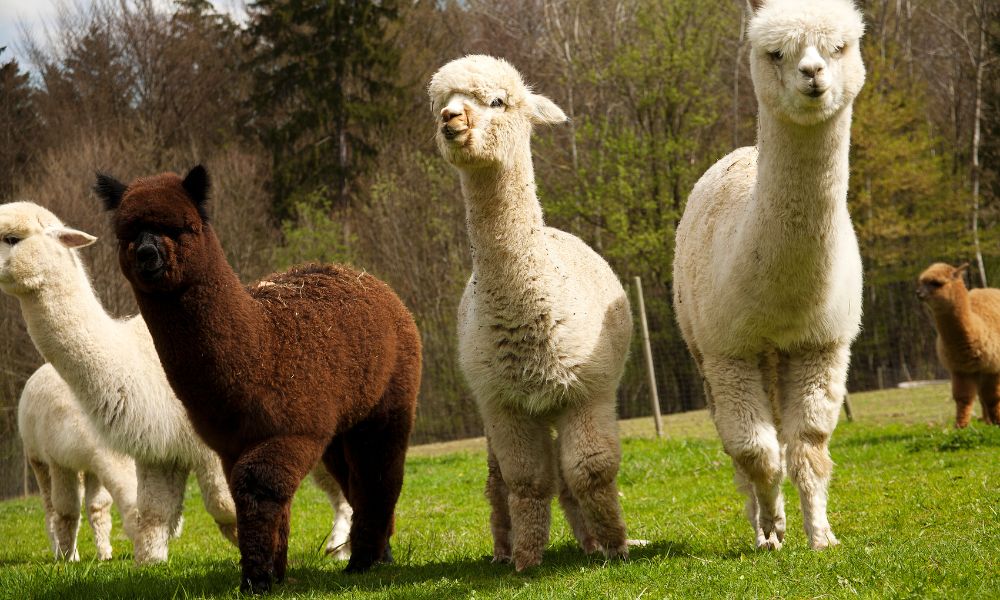
Whether they are bred for their meat, their milk, their fur, or any other profitable enterprise, livestock simply means an animal that is farmed, on any scale, for profit.
In other parts of the world, though, other animals may fit the definition.
Kangaroos that are grown for their meat in Australia, ostriches, anything, really.
So, the point I’ve been trying to make is that livestock is a looser term that applies differently in different contexts—so where did the term actually come from?
Where does the term livestock come from?
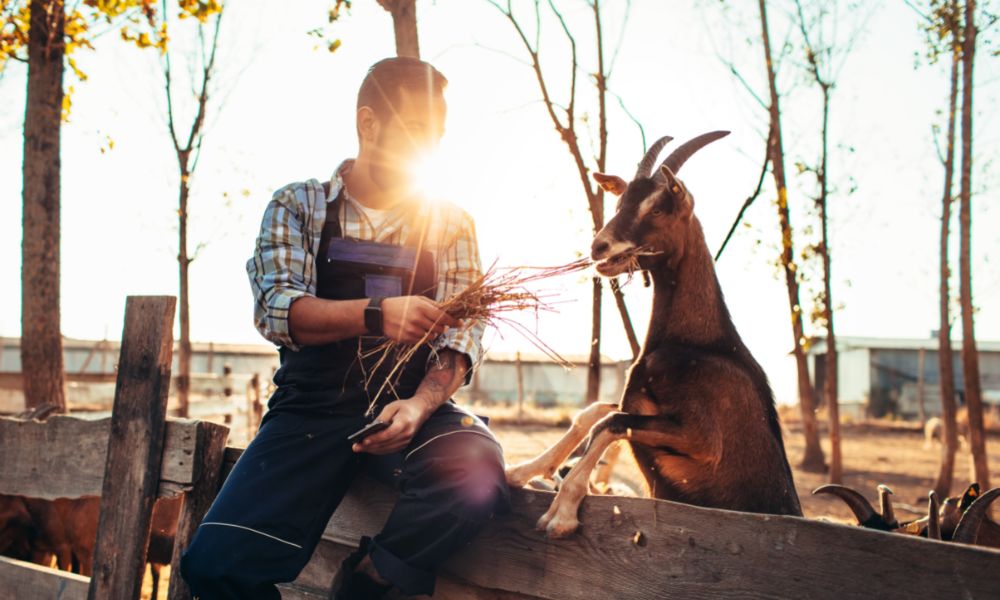
As far as we can tell, the word livestock seems to enter the English language between 1650 and 1660.
Of course, it would have come from somewhere before this, but this is the first time we see it in writing.
It seems to have simply been an amalgamation of live, as in living, and stock, supply for future use—since livestock is always going to be used in the future.
It wasn’t in widespread use as a term until the beginning of the 20th century, when large-scale farming became a reality in ways we had never dreamt of before.
By most definitions, then, goats are livestock.
But we can’t really apply that term as a blanket to all members of the species.
As I’ve stressed, many just keep goats as pets and companions, and not seek to take anything from them or make any profit out of them.
This precludes the ordinary definition of livestock, but not the fact that goats more generally are kept as livestock.
Again, it’s just a semantic game, really.
